Expect the courts to play a role in operation of voice
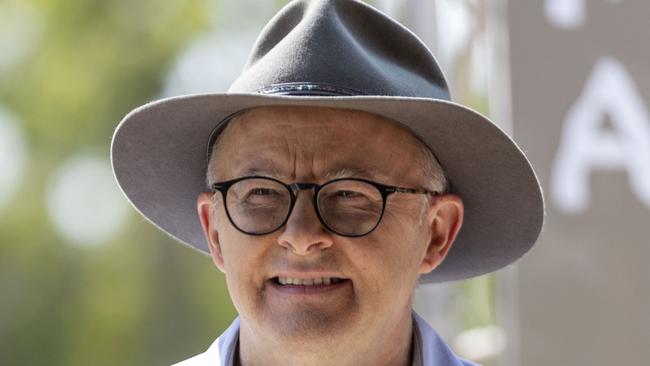
The role of the courts will depend on the text of the change. The Prime Minister’s draft words spoken at Garma were crafted to ensure the voice is a political institution providing advice on lawmaking and policy processes. His words limit the scope for litigation, but cannot, and should not, eliminate this.
Every constitutional provision, and indeed every law, raises the prospect of oversight by the courts. Those who exercise public power must be held in check by the possibility of review by an independent judge.
The High Court might be called on to ensure the voice stays within its constitutional limits. The draft words suggest the voice will be able to “make representations to parliament and the executive government on matters relating to Aboriginal and Torres Strait Islander peoples”. They also provide that parliament can “make laws with respect to the composition, functions, powers and procedures” of the voice.
The voice might be challenged in court if it operates outside these parameters. For example, someone might bring an injunction to stop the voice making representations on matters that do not relate to Indigenous people.
The voice also could be prevented from making representations to bodies such as the UN unless this has been authorised by parliament. Judicial oversight provides the community with confidence that the system can ensure the voice operates as set out in the Constitution.
It has been asked whether the work of parliament or the executive could be challenged once the voice has provided advice. There is clearly no requirement that these bodies follow the lead of the voice. The wording says only that the voice can make representations. It cannot direct outcomes or veto the decisions of any other institution. It has the ability only to put its view forward.What happens, though if parliament or the executive refuse to listen to a representation by the voice, perhaps by not even reading its advice?
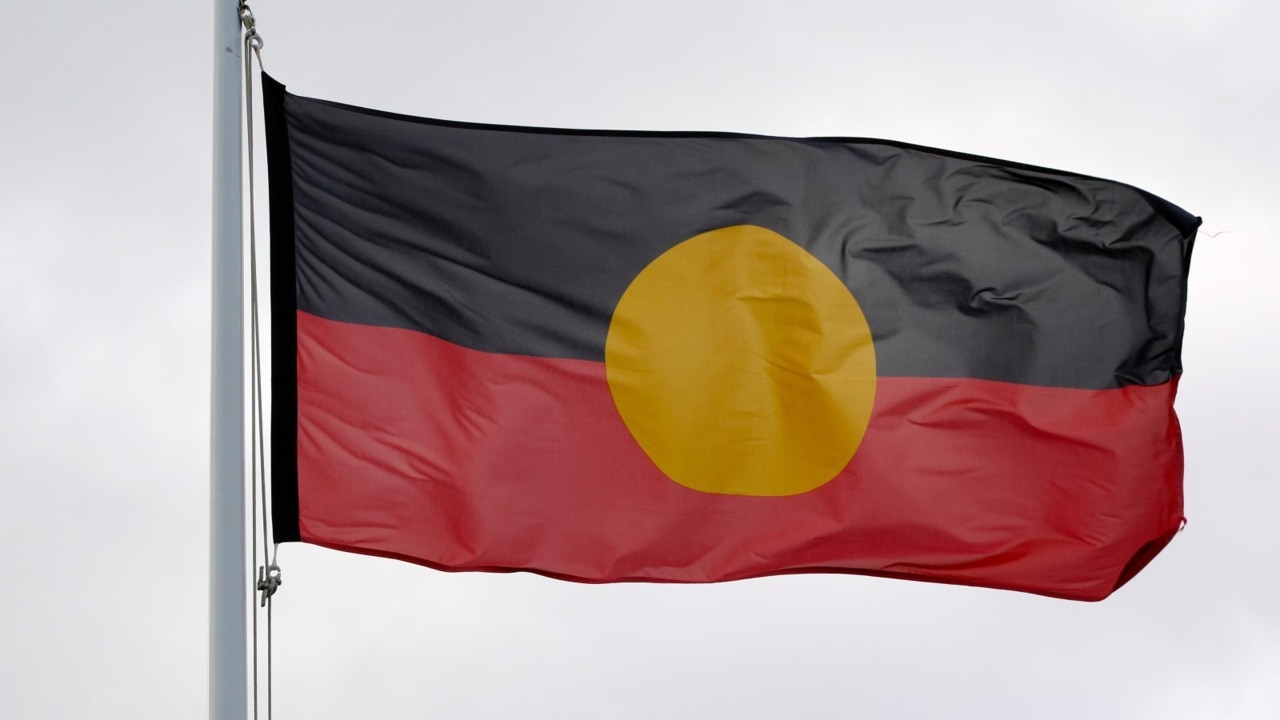
In the case of parliamentarians, there is little or no prospect of a successful High Court challenge. The court has said repeatedly across the course of more than a century that it will not intervene in the internal workings of parliament.
This is a key aspect of the separation of powers in Australia and is not something the voice would change. It means parliament could make laws without listening to the voice should it so wish. Courts are much more likely to scrutinise the work of ministers and other public officials. We expect that people who exercise public power on behalf of the community will make fair decisions following a sound process.
This includes taking into account information relevant to making the decision. If a public official fails to consider important information of this kind, courts routinely direct that person to go back and make the decision again, taking into account the information that was missed. The court does not direct what the decision should be, only that it is properly made.
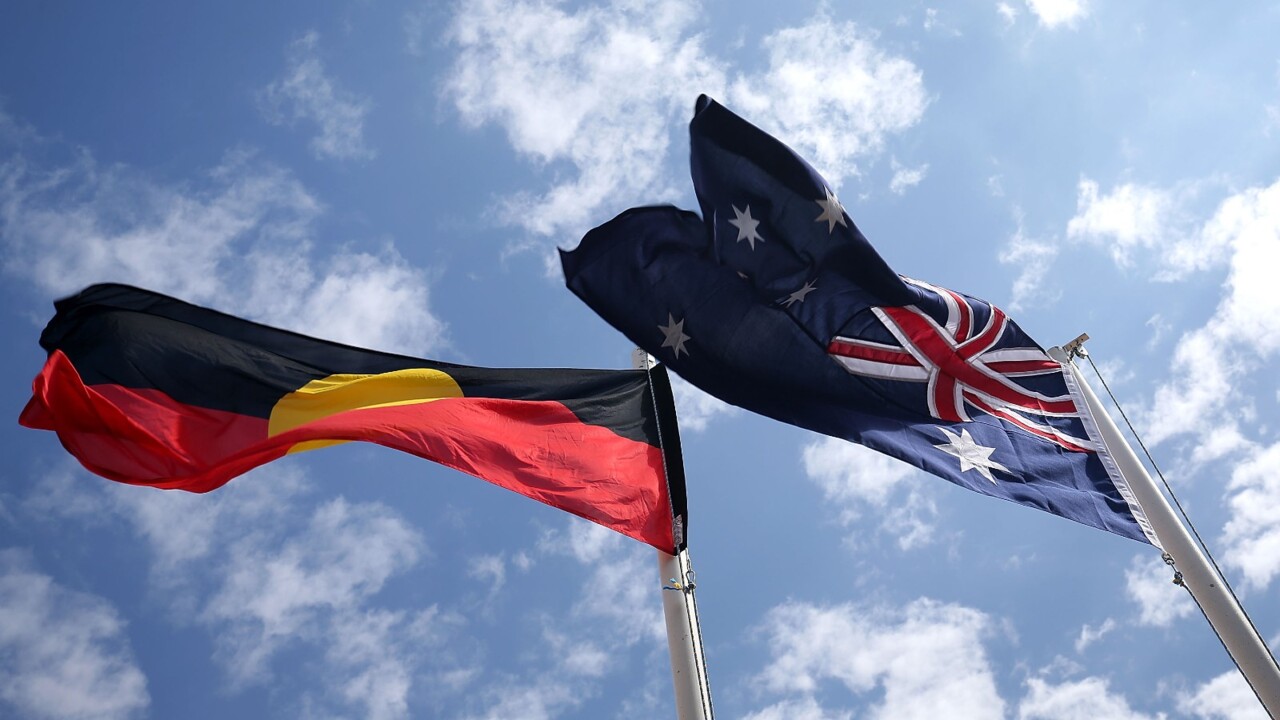
The upshot is that ministers who receive a representation from the voice may need to read and consider that representation when they make a decision. For example, if a minister is considering whether to impose an alcohol ban on an Indigenous community, and the voice had made representations about whether this was a sound idea and what the impact on the community would be, the minister should take this into account. If the minister refused to read advice from the voice, someone might go to court to ask the minister to remake the decision with the benefit of all the relevant information.
This is the system working as it should. The rule of law and independent oversight by judges should apply to the voice as they do to every other government body. The voice must operate within its limits, and representations by the voice should be taken into account when making decisions that affect Indigenous people. This does not give the final say to the voice. It only means ministers and public officials should listen to what the voice has to say.
George Williams is a deputy vice-chancellor and professor of law at the University of NSW, and a member of the government’s Constitutional Expert Group.

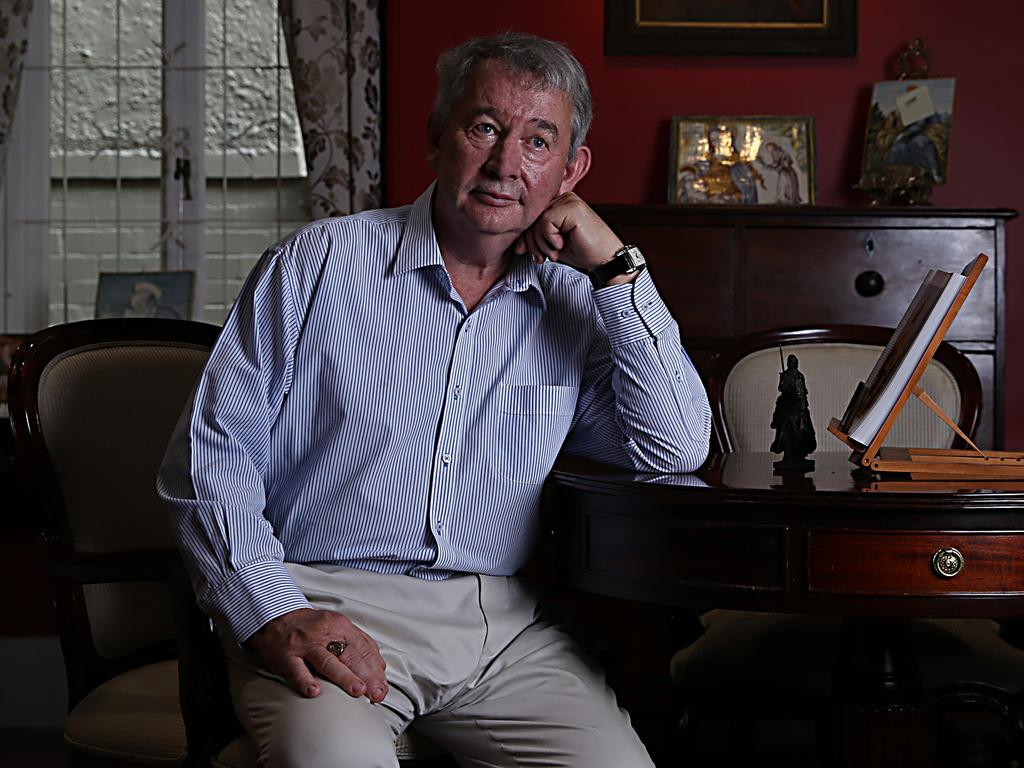

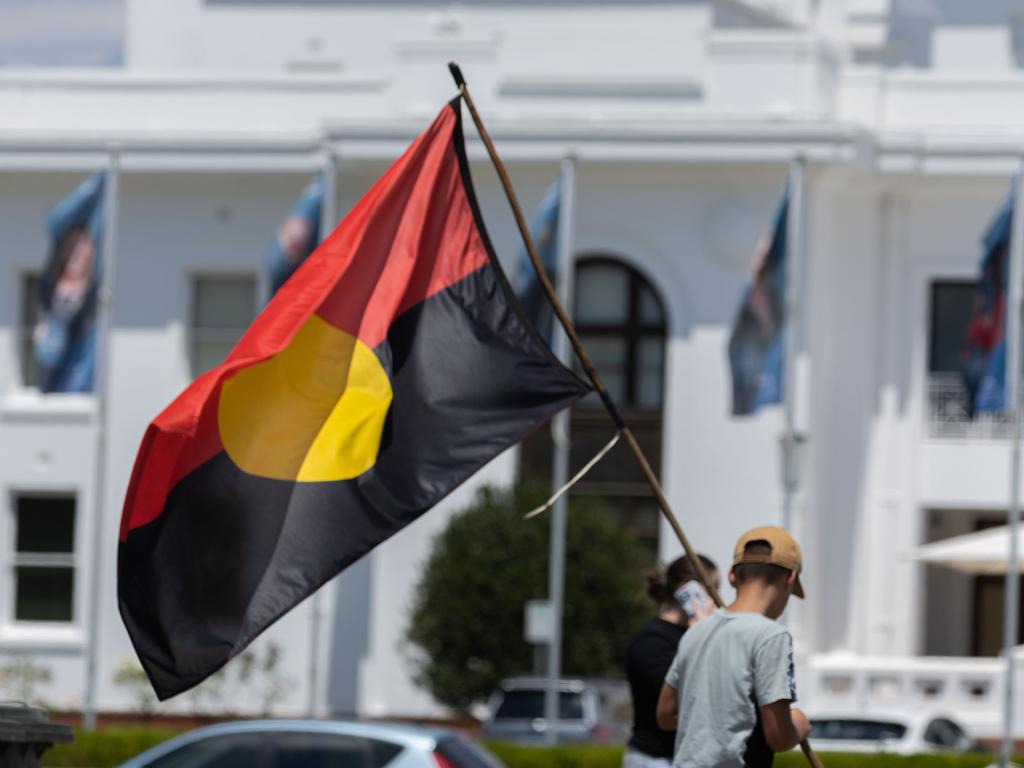
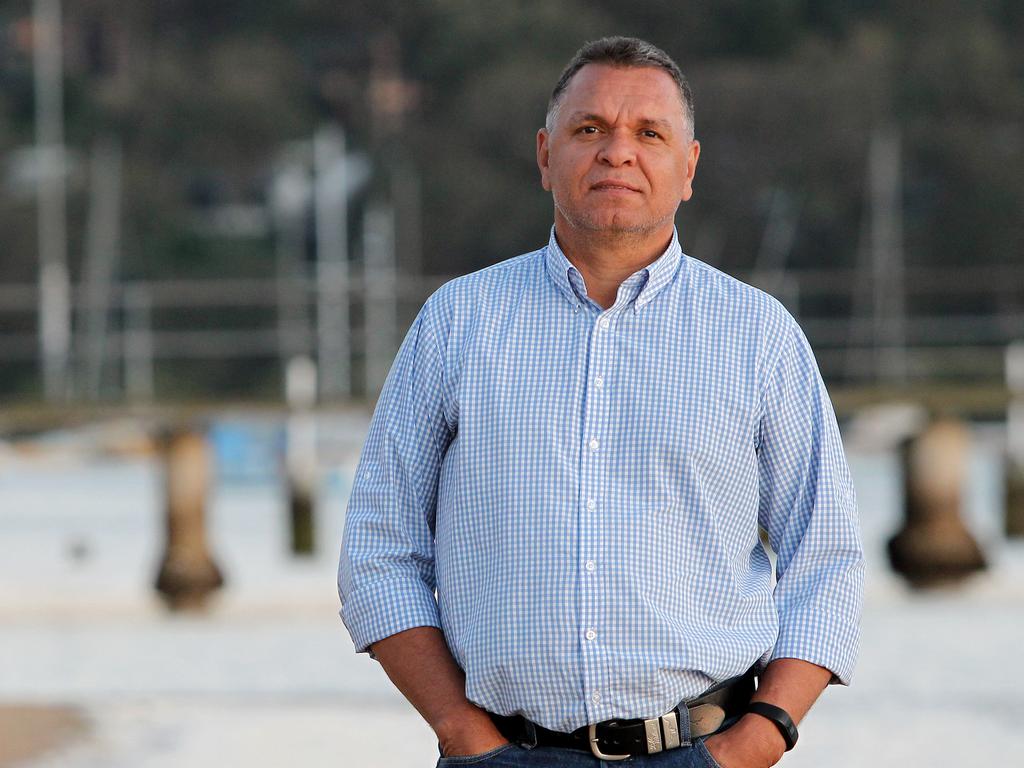


If the Australian people vote Yes at this year’s referendum, we can expect the courts will play a role in the operation of the voice. It is a basic facet of the rule of law that every government institution is subject to judicial scrutiny. No person, and no body, is above the law. Courts may be asked to rule on whether the voice has exceeded its power or the consequences of a minister failing to listen when the voice has spoken.